The indie magic of Forest Jam
Mehdi Maloof, Tarbooze, and more strip music to the bone
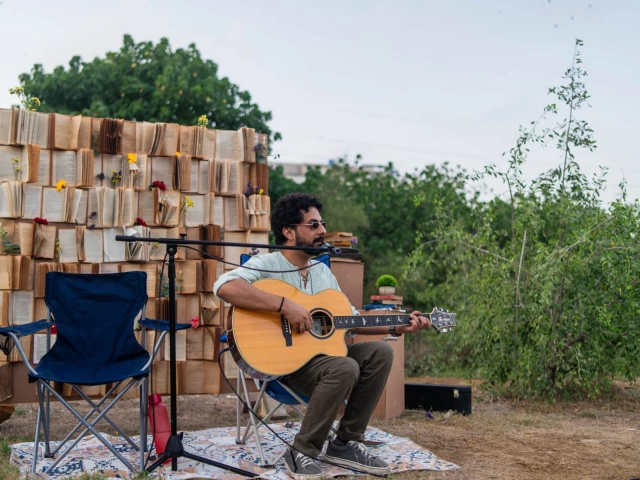
As golden hour settled over Karachi on Sunday, a soft current of sound threaded through a patch of trees in Clifton. It wasn’t the distant echo of city noise or the heavy pulse of a commercial concert. It was gentler, human-sized — voices, strings, the occasional foot tap on dry leaves. In the heart of The Urban Forest, a rare oasis in an overstimulated city, Forest Jam was underway.
Organised and conceived by indie wife-husband duo Tarbooze, consisting of Wishaal Khalid and Danial Shahid, Forest Jam was part gig, part gathering, part reclamation. The lineup — Tarbooze, Zarf, Asaduu, Dulhay Mian, and Mehdi Maloof — spanned moods and cities, from Karachi’s alt-rock echoes to Quetta’s bedroom pop and an unputdownable melancholia that far exceeds spatial confines. But beyond the music, it was also a way of holding space for the kind of listening, feeling, and communion that rarely finds room in the algorithmic grind of modern music culture.
This wasn’t a concert in the conventional sense. There were no barricades separating artists from audiences. No neon wristbands, no dizzying LED backdrops, no branded installations urging selfies. People carried their own blankets. Others offered to set up the sound equipment or lend a hand with lighting. In an industry increasingly shaped by corporate sponsorships and polished "experiences," Forest Jam was refreshingly DIY, vulnerable, and intimate.
Rooted in community
Tarbooze opened the night with a reverent rendition of Zeb & Haniya’s Rona Chor Diya, the song’s rhythmic optimism riding the soft breeze and setting the tone for what would be an evening of emotional transparency. “Haniya was a mentor,” Wishaal reflected. “I hadn't known her for long, but she really encouraged me when she heard I was into music production. I grew up on her music and her loss felt personal.”
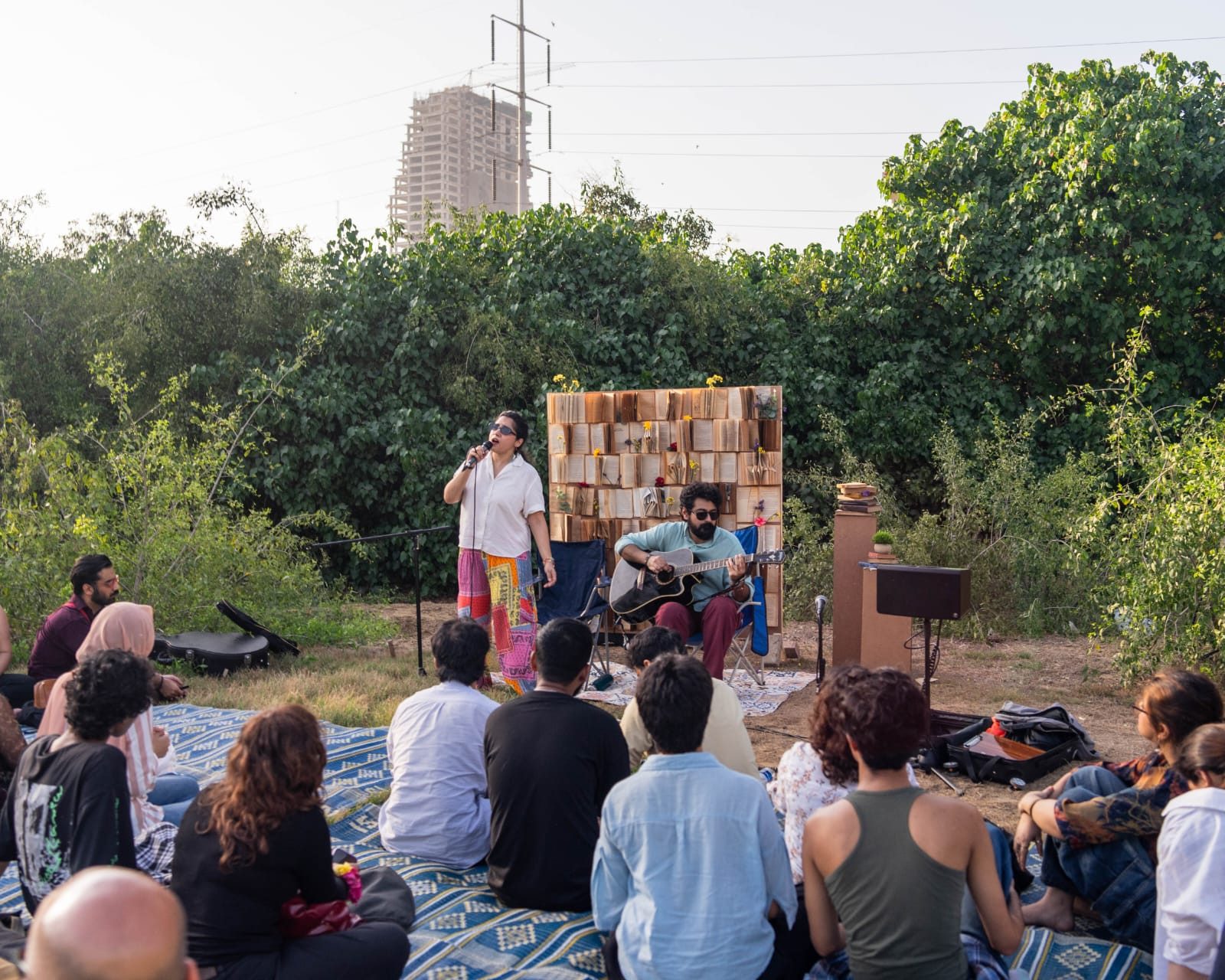
They followed with their own Toofan, a song that subverts its title’s stormy implications. Introspective and sombre, it invited the audience into a quiet space of contemplation. “Music is one of our primary ways of emotional regulation and expression,” Tarbooze explained. “It connects us to our reason for being alive.”
But Tarbooze weren’t just the opening act. They were the reason the event existed at all.
“We used to rely on other venues and entities inviting us to perform in order to sing for an audience. But indie musicians in Pakistan don’t often get opportunities to perform their music,” said Danial. “We have a small but dedicated listener base that won’t be selling out large venues like pop musicians. So instead of waiting for someone to invite us, we decided to take ownership and organise the performance ourselves.”
That ownership has meant embracing the messy, beautiful work of building a community. “What made the first jam session special,” Wishaal mused, “was that it wasn’t dependent on a middleman like the venue or the sound walas — who often limit the artist’s influence. This was a community-run event.
“We organised the first jam session with our friends Nadir Shahzad and Natasha Ejaz. We were introduced to Shahzad Qureshi, the man behind the Urban Forest, through a friend. When we heard he was on board, we went ahead with it. The response was amazing. The weather was perfect. We didn’t have any mics or sound system for the first jam session, just natural singing in a group and everyone had a beautiful time.”
Tarbooze's approach to audience-building is unconventional, but purposeful. “A lot of indie musicians I know aren’t looking to make profits. They just want to be heard,” the duo expressed. “The world might not be ready to hear what we have to say, but maybe the task is to make the music, send it out into the world, and step away.”
No holds barred
The gig’s visual identity also spoke to this layered ethos. Behind the performers stood a textured mosaic of open books — spines broken, pages splayed, a few ribbons, flowers, and ferns strung between volumes. Artist Maham Peerzada, who is also Mehdi’s wife, created the piece. “It wasn’t part of the original plan,” Wishaal shared. “But Maham offered to help, and it completely changed the vibe. I think I’m going to try to get her on every show!”
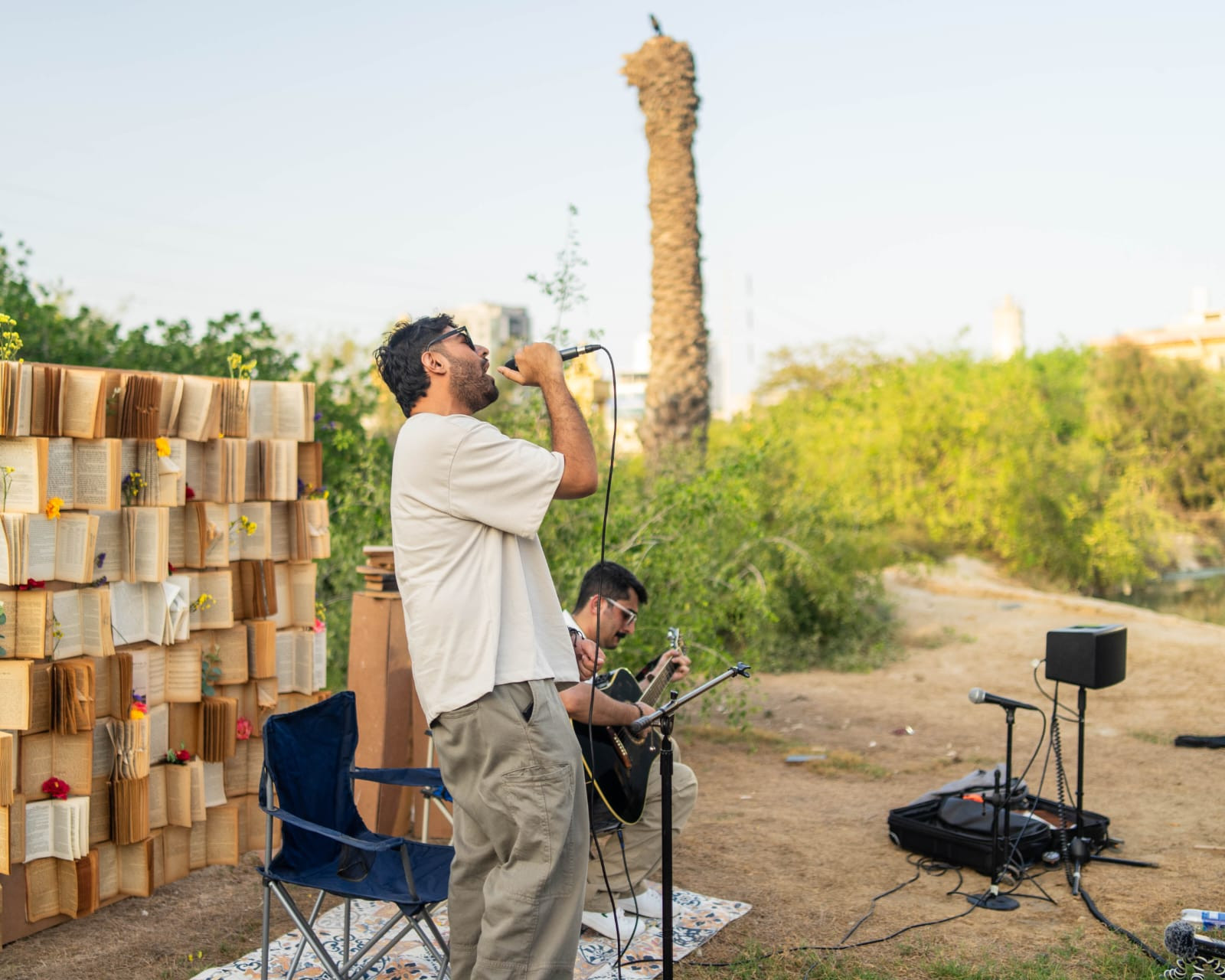
The second act, Zarf, shifted the atmosphere. Composed of Farrukh Zaidi on vocals and Mubashir Taimoor on guitar (with bassist Mudassir Zaki absent), the alt-rock band began their set with Saazish, a fan favourite that bridges sentiment and movement. It’s a song that never settles, hovering between melancholic introspection and a driving, rhythmic insistence. Live, it felt both raw and refined. Zarf didn’t need spectacle. Their strength lay in texture: layered guitar, gentle vocals, the kind of sonic space where silence is as integral as sound.
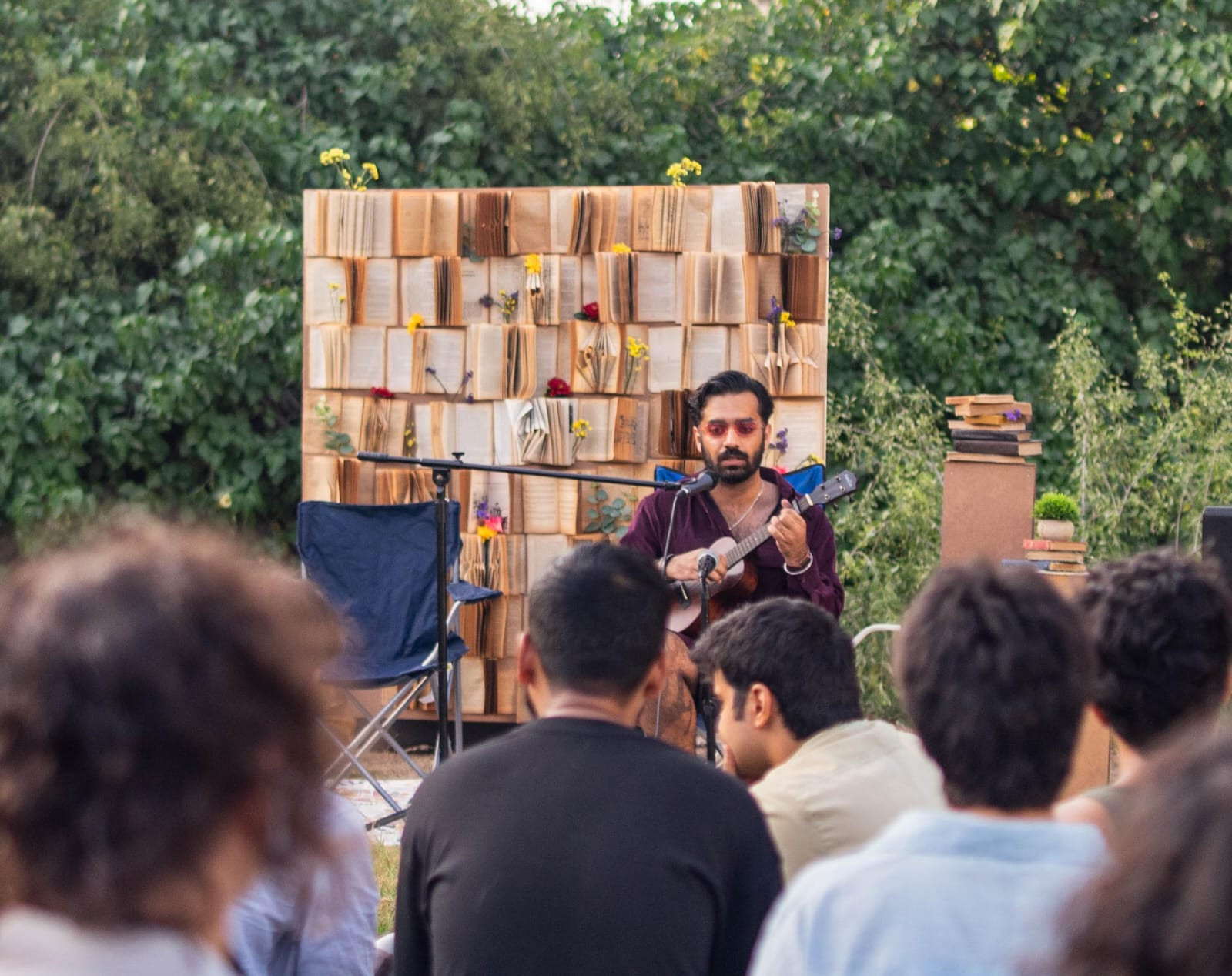
Then came Asaduu, an emerging artist from Quetta based in Karachi whose playful, expletive-anchored Ch*tiya chronicled the dissolution of a toxic friendship. It was self-deprecating, catchy, and sharply relatable. But beyond the humour, Asaduu’s presence felt quietly radical — a reminder of how fragmented the country's music scenes remain, and how much promise lies in cross-city, cross-genre collaborations. “We need more spaces like this,” he said. “We're moving away from close-knit gig vibes to packed concerts. Community is essential in making these kinds of avenues possible.”
Political bite
As dusk deepened and the air cooled, Nadir Shahzad took the floor under a new name: Dulhay Mian. The former frontman of Sikandar Ka Mandar has long been a fixture of Pakistan’s indie scene, known for his lyrical candor and socio-political bite. His new act carried those same signatures, but with a sharper edge. Khalil Sahab, with its innuendo-laced lyrics, felt like watching a sharp comedy sketch slowly morph into political theatre. “My inspiration was Father John Misty,” he said. “He says serious things in a comedic style. I want to create a similar effect — but keep it Pakistani.”
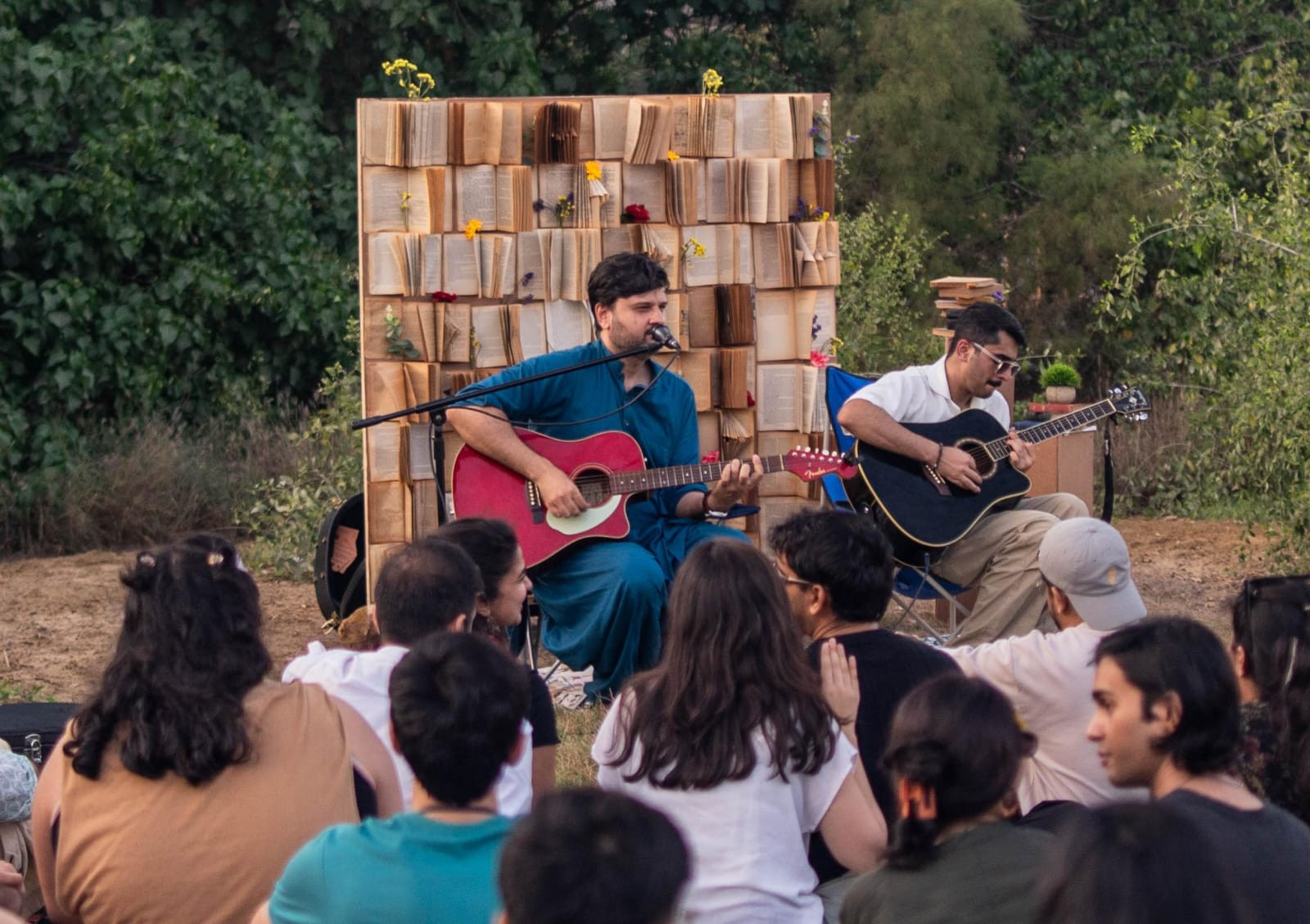
Maujza, his other offering, turned toward darkness — genocide in Palestine, social collapse at home. But even as he named names, he never slipped into despair. “The world we’re seeing right now definitely needs more people speaking up,” he said.
Then came the final act. If the rest of the evening built toward emotional release, Mehdi’s set felt like the exhale. Known for his gentle guitar work, conversational lyricism, and that signature sense of wistful absurdity, Mehdi debuted under-construction songs to a crowd that met him with rapt attention. His voice, soft and sure, seemed to rise straight from the forest floor.
Among the new tracks was Hadsaat, an acoustic meditation on the search for answers, and Pathar Ko Sona Banaun Ga, a collaboration with Zain Ali that channels the futility and wonder of chasing transformation.
Reflecting on his broader relationship with live performance, he added: “Every artist struggles to balance their art with securing a livelihood. But indie musicians have never really sought millions of views. Streaming can never mirror the connection you weave when you're face to face with an audience, if only with a guitar and a microphone. That’s a reward in itself.”
He paused. “Playing at Forest Jam, my hope was that I would leave people with an expansive and uninhibited heart... a fondness for melancholy and a freedom to believe. In any trouble, you are not alone. That’s the feeling I wished to instill.”
Then, quietly: “I don’t know if I succeeded. But it was magical to play this gig and have people be there.”
More remarkably, Forest Jam was a memory palace for its audience, many of whom have followed these acts for years, across gigs, cities, and shifting scenes.
Asad Ali Zulfiqar, 30, stood near the edge of the crowd, visibly moved. “I’ve been going to these gigs since I turned 18. I used to hop on a rickshaw all the way from Shah Faisal Colony to DHA to listen to these artists performing in cafes and basements,” they shared. The nostalgia in their voice was unmistakable, but so was a deeper sense of belonging. “No matter how far from home I was, I never felt that space was not for me.”
Of all the pleasure and fun attendees like Asad take away from such evenings, it’s the sense of safety and warmth — built collectively, over time — that truly lingers. Gesturing toward the widely-adored backdrop, they added, “The moment I saw that, I could tell they were really committing to it.”
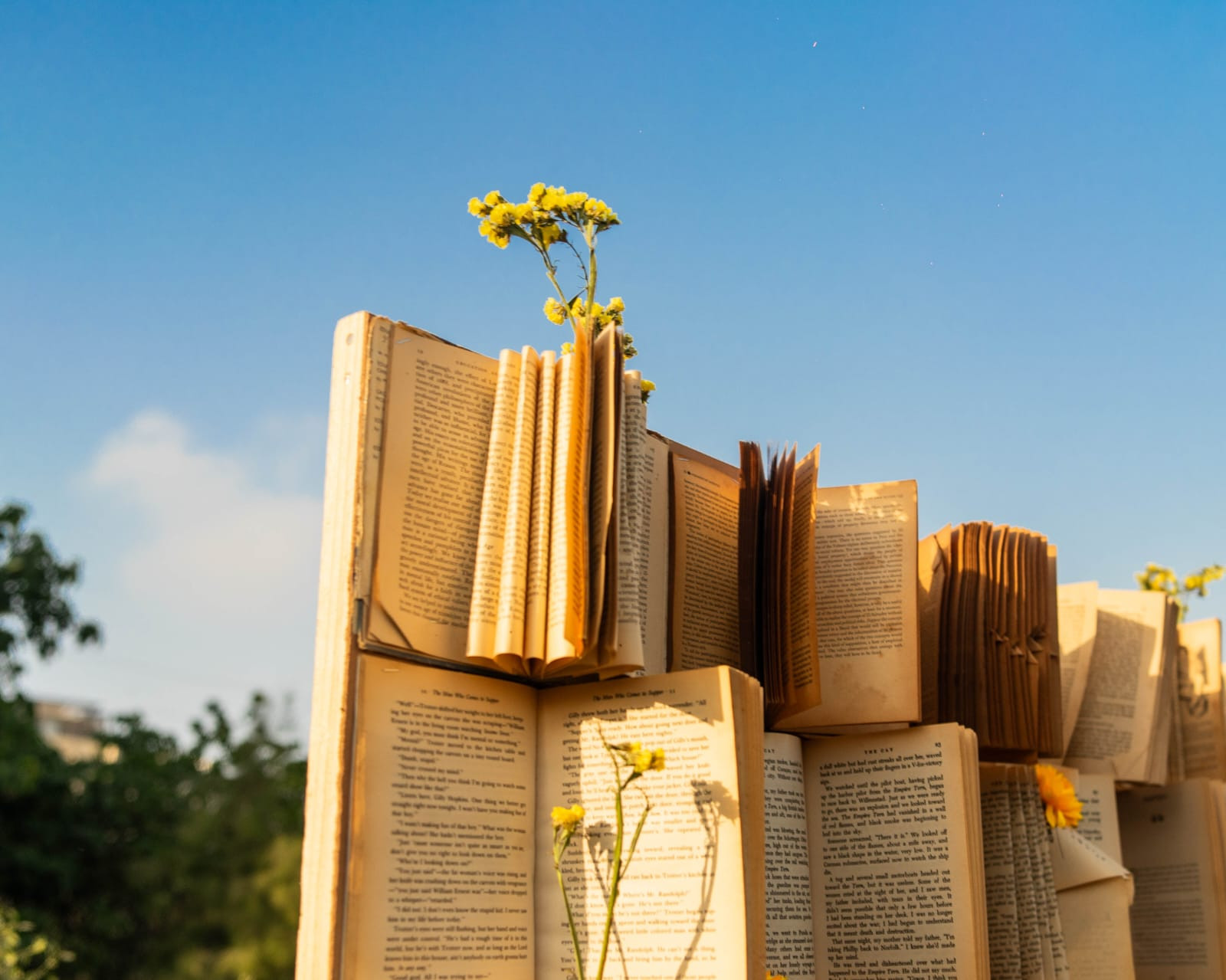
Referring to Wishaal’s tribute to Haniya and her role in nurturing a generation of indie musicians, Asad reflected, “It’s a wake-up call… That coming together is important. It’s not just enough to make music and put it out on the internet.”
Forest Jam offered no promises of virality. No slick marketing. Just a gathering of musicians and listeners willing to meet each other halfway — in vulnerability, in reflection, in joy. At a time when music often feels like a race for attention, there was something deeply radical in its slowness.
In Karachi’s sprawl, amid its smog andspeed, this was a pause. And sometimes, the pause is where everything actually begins.
Have something to add to the story? Share it in the comments below.

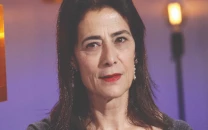
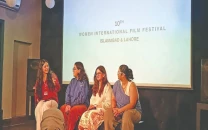
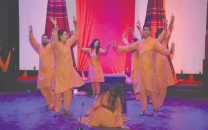
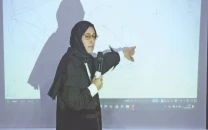

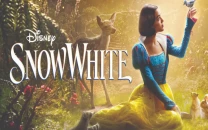
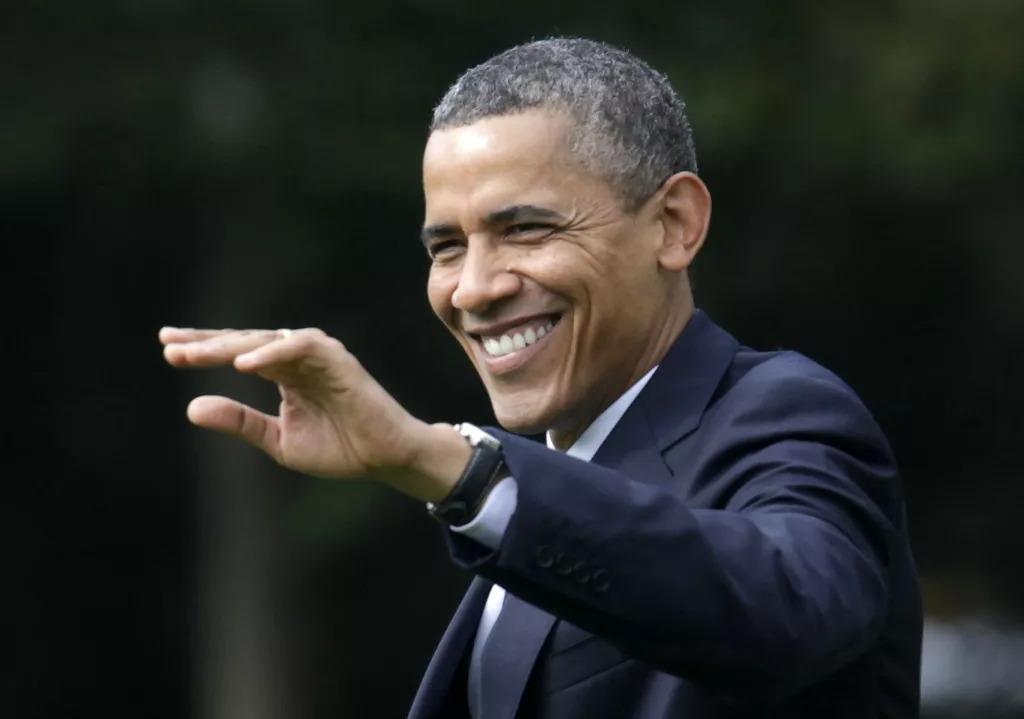












COMMENTS (1)
Comments are moderated and generally will be posted if they are on-topic and not abusive.
For more information, please see our Comments FAQ